
Read or listen offline
Amazon KindleRecommendation
The Bank for International Settlements (BIS) takes an important look at the roles of central banks in the volatile aftermath of the financial crisis of 2008. BIS economists David Archer and Paul Moser-Boehm assess various criteria to determine how central banks’ financial strength helps them to achieve their economic and political objectives. They also investigate the tools available to central bankers and policy makers. Their comprehensive report delves into the changes that pushed central banks into unexplored policy domains and that now constitute the new normal in international financial markets. The authors don’t offer absolute answers to such multifaceted issues as capital retention, “distribution asymmetries” and risk exposures. However, they do propose a sound framework that central banks and associated entities can use to evaluate their financial strength and monetary strategies. getAbstract considers this a significant report about the changing, increasingly complex work of central banks. It will help industry participants and finance professionals unravel erroneous public assumptions about a complicated but critically important subject.
Summary
About the Authors
David Archer is head of central banking studies at the Bank for International Settlements, where Paul Moser-Boehm is a senior economist.








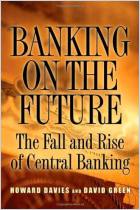
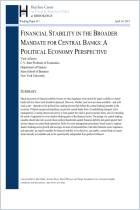

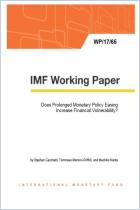
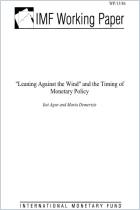
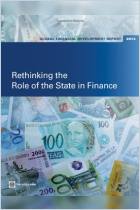





Comment on this summary or Начать обсуждение